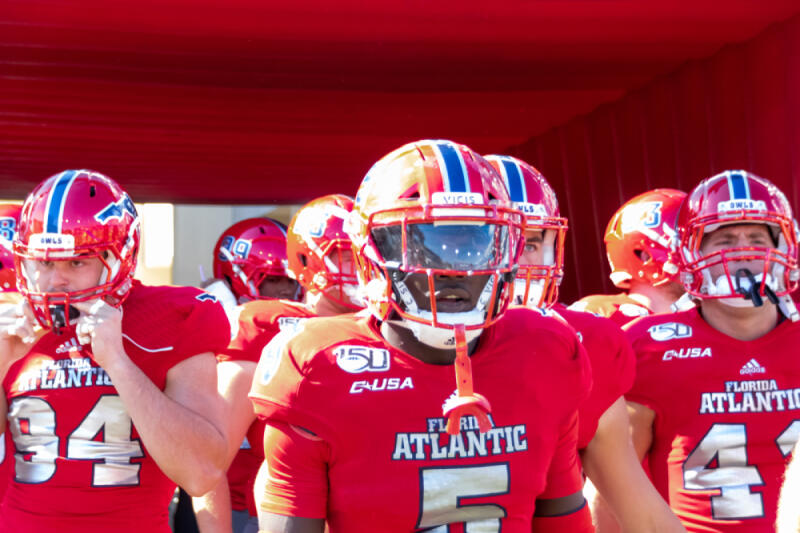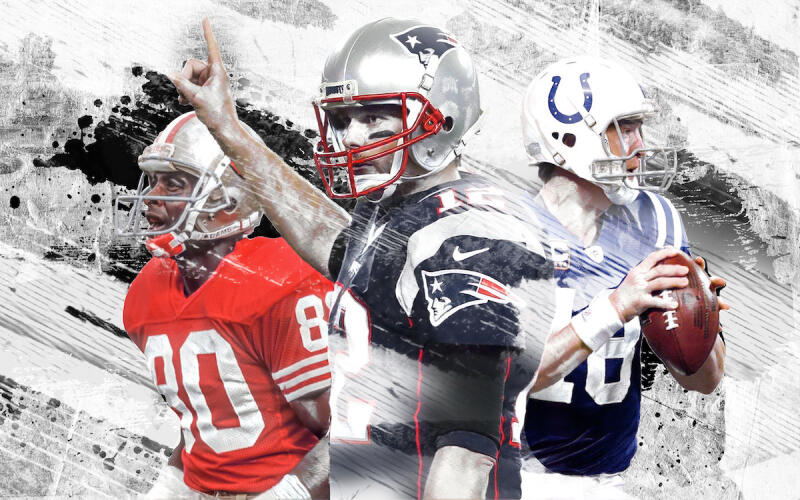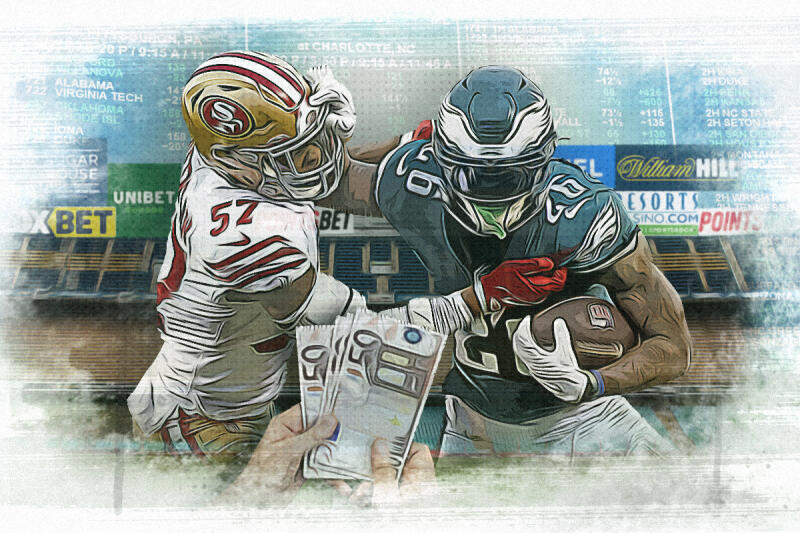The impact of sports betting on college sports
The college sports industry is worth $1 billion. Sports betting was one source of income it could never legally access until lately. That environment is evolving.
Previously, in order to protect the integrity of their competitions, the NCAA had taken a hard stance against legalized gambling. Schools took sports betting very seriously and those who broke the NCAA's gambling laws—including students, players, coaches, and administrators—faced severe repercussions. The educational institutions were concerned because organized crime has historically benefitted from nearly all gambling endeavors. These gains are invested in various unlawful pursuits including prostitution, loan sharking, and drug trafficking (NCAA 2017).
As per, American Gaming Association (AGA), 68 million Americans are expected to bet on the NCAA basketball tournament in 2023.
Most student-athletes—76 percent of males and 61 percent of females—believe that sports betting is a harmless pastime.
Related: For those passionate about football, our NFL Predictions offer deep insights.
Nearly half of men (49 percent) and nearly a quarter of women (23 percent) who bet on sports think they can derive significant income (NCAA 2013).

Results of a study that the NCAA commissioned found that 57 percent of male student-athletes and 39 percent of female student-athletes reported gambling in some form during the past year, with those student-athletes in Division I reporting the lowest incidence of gambling (50 percent for males; 30 percent for females). (Source:- NCAA).
Key Development
In 2018, the U.S. Supreme Court struck down a federal law prohibiting sports betting. Now, according to the American Gaming Association, 37 states plus Washington, D.C., have legalized sports betting, with four others engaged in “active legislation.” The online gambling industry is a fast-growing enterprise, projected to be worth more than $145 billion by 2030, and sports betting is a big reason why, according to research from Custom Market Insights.
Following the legalization of sports betting in most states & changing attitude, large colleges have grown to be a particularly appealing market for sports betting organizations, especially in an era of increased digital technologies. These institutions have tens of thousands of students and possibly millions of supporters. Both parties are drawn to each other as schools join with sports betting businesses in an effort to make millions of dollars and make up for income lost due to the COVID-19 epidemic.
According to Keith Whyte, executive director of the National Council on Compulsive Gambling, a national advocacy group, at least eight institutions have agreements with sports betting businesses, and that number is anticipated to rise. According to The New York Times, "at least a dozen athletic departments and booster clubs have signed agreements with brick-and-mortar casinos".
Five major colleges, Michigan State, LSU, Maryland, University of Denver, and the University of Colorado, have announced multiyear partnerships with sports betting companies that include placing ads at games, along with promises to, for example, focus on responsible gaming and education.
Through these alliances, sportsbooks are able to advertise on college campuses, in sporting facilities, and in some cases, even in the email inboxes of students.
Several institutions are aggressively supporting the legalization of sports betting. Caesars Sportsbook, a sports betting app, and Michigan State University established a multiyear collaboration in January. Caesars receives naming rights through the relationship for premium seating areas at Spartan Stadium, an outdoor tailgate area for football games, as well as signage for MSU basketball, hockey, and football events.
With its loyalty program, Caesars will reward its customers, including MSU students, alumni, and staff, with exclusive hospitality and VIP experiences.
Drawbacks - Students are exposed to greater risks - According to Whyte, these collaborations increase the likelihood of gambling addiction among college students. While most states forbid people under 21 from gambling in casinos, internet gambling has different age requirements. According to the charity International Center for Responsible Gambling, about 6% of college students in the United States report having a significant gambling problem.
U.S. Sen. Richard Blumenthal, D-Connecticut,, wrote a letter to Caesars CEO Tom Reeg criticizing Caesars’ advertising on college campuses.
“I call on you to end this disgraceful practice in order to protect students and prevent the irreparable harm that will be caused by Caesars’ marketing practices and college partnerships,” Blumenthal wrote.
The American Gambling Association, an industry lobbying group, publishes a “Responsible Marketing Code for Sports Wagering,” which member companies agree to follow.
The code says, “Sports wagering advertisements should not be placed in media outlets (including social media) that appeal primarily to those below the legal age for sports wagering, nor should they be displayed at an event venue where most of the audience at many of the events at the venue is reasonably expected to be below the legal age for sports wagering.”
Sports gambling has an impact on the student athletes that play the game. Besides playing games that now have legal money riding on them, student athletes’ individual actions may be wagered on in prop bets. That delivers an extra level of pressure and more intense harassment on social media.
Although athletes are not allowed to place wagers, they might still bet on games, and there is some evidence to suggest that they may be particularly susceptible to gambling disorders.
There is very little discussion about how colleges can help students who aren’t athletes avoid problem gambling. It’s an issue that’s likely to grow as partnerships between schools and sports betting companies multiply.
Regulations
There are no limitations on wagers placed on teams from the state's colleges in several states, including Louisiana and Michigan. Others, like as Colorado and Indiana, permit betting on home-state college teams but not on bets on players, which are bets that are not based on the ultimate result of a game but rather on the performance of a specific player.
Sports gambling is good for interest in college sports. It promotes popularity and attention. x However, there is significant danger for the customer, and college institutions must be aware of this. While there are many enticements to get sports fans to become sports gamblers, educational material must be provided on all aspects of sports gambling and how lives can be wrecked if the practice is allowed to go unchecked. Consequences are real, and they cannot be ignored. Those engaging must do it with discipline and control on a continuous basis.
References
https://www.ncaa.org/sports/2014/11/5/mind-body-and-sport-gambling-among-student-athletes.aspx
https://us.humankinetics.com/blogs/excerpt/a-game-changer-in-sport-wagering-and-betting
https://www.morningbrew.com/daily/stories/2022/03/17/colleges-and-sports-betting-companies-make-a-likely-duo
https://www.insidehighered.com/news/2022/04/04/sports-betting-sites-make-inroads-college-campuses
Our editorial content strives to be highly informative and educational to our audience, especially for visitors who are new or relatively new to analyzing and predicting sporting event results. All of our content is created by informed writers with backgrounds in their subject area and reviewed for omissions or mistakes.
Our editorial team is run by individuals with many years of experience in digital publishing, editorial, and content production. Our editorial content is always marked clearly in any instances where it may be sponsored by a third party, though it is still reviewed by our staff to ensure it remains consistent with our company mission.
- Popular
- Latest





